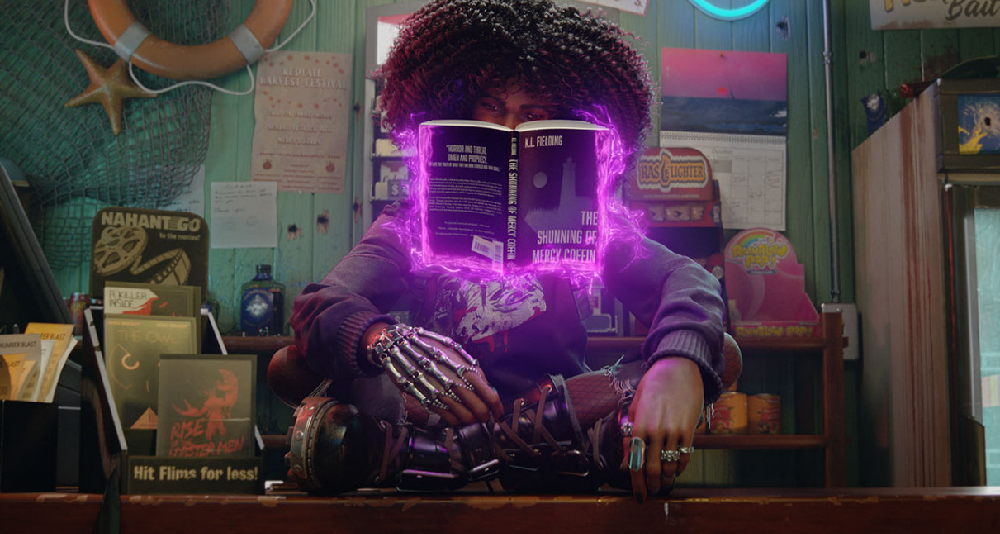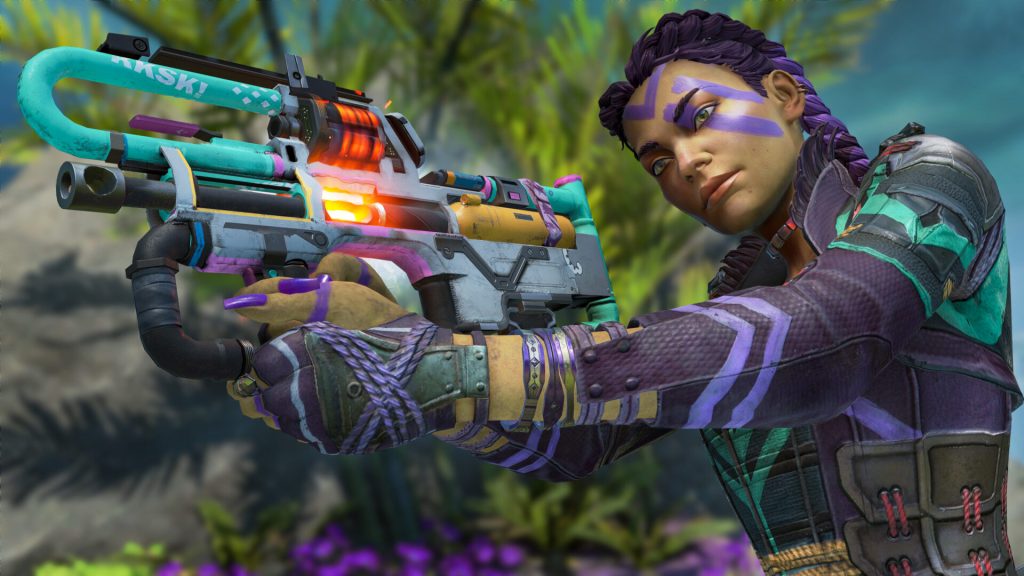Microsoft Publishes New Inclusion Guide For Video Game Devs, Recommends Against Creating Female Characters With “Exaggerated Body Proportions”

In doing their part to push the entire medium ever further towards a final form as a pile of boring and uninspired mush, Microsoft has released a new “Product Inclusion Guide” for video game developers which, in addition to a number of other such recommendations aimed at appeasing the terminally online, notably suggests that creators completely abstain from depicting any sexualized or ‘unrealistic’ female characters within their works.

Made public on March 20th as part of the company’s appearance at the recent 2024 Game Developers Conference, Microsoft’s new ‘Gaming for Every Product Inclusion Framework‘ calls on developers to actively consider four specific areas when creating a new title, those being (as per the Framework’s official website):
- “Approachability, which ensures all players, existing and new, experienced and novice, feel safe and welcome.”
- “Representation is about reflecting the diversity of the player and creator community, so everyone can feel that they belong.”
- “Globalization is about making global players feel at home – and ensuring that their experience has local relevance and respect.”
- “Accessibility is about making games and experiences playable for people with disabilities, and striving to make products accessible by design, from the ground up.”

In service of promoting these values, Microsoft also released a ‘Product Inclusion Action‘ guide for developers to follow in order to keep their titles sufficiently ‘progressive’ and unoffensive.
“Having your story told is a universal human need, but for many in marginalized communities or in markets outside of the US, it’s rare to be represented in media, let alone games, and as a result, some people could feel like a secondary consumer for our content,” writes the Xbox parent company. “80% of media consumed by the world is created in the US and yet most media, including video games, don’t contain characters and content that align to that broad consumer.”

To this end, Microsoft then presents developers with a set of ten “questions to consider” when it came to their projects in order to ensure they were properly ‘inclusive’:
- “Are you telling new stories or sharing new perspectives within the product experience?”
- “Do all of your characters/player depictions look the same?”
- “What steps have you taken to ensure characters are represented respectfully and authentically?”
- “How have you validated assumptions you have made about your audience to check for blind spots or unintended stereotypes?”
- “Would you feel proud to show a member of a community how their culture/character is depicted within your experience?”

- “How are the wide range of customers depicted within your products, content portfolio and communications?”
- “What process have you used to validate how different groups of people or cultures are represented in your experience?”
- “What % of screen time (on screen presence, speaking lines, heroes) is held by different gender/racial identities?”
- “Do you have a process to review key decisions with the lens of Helping Customers Feel Seen?”
- “Are you reinforcing any negative gender stereotypes?”

RELATED: Microsoft Slashes Video Game Division, Cuts 1,900 Jobs Across Activision Blizzard, Xbox, And ZeniMax
In expanding on this last question, Microsoft presented three additional ‘sub-questions’ for devs to consider, particularly in regards to their female character designs:
- Are you unnecessarily introducing gender & gender barriers into your code or design?
- Are you creating playable female characters that are equal in skill and ability to their male peers. Are your female characters equipped with clothing and armor that fits their tasks? Do they have exaggerated body proportions?
- When the story allows, do you show male characters who display a full range of emotions, including joy, sadness, and vulnerability?

It should be noted that while Microsoft did cite four studies regarding representation in support of their arguments, all of them are extremely flawed in their methodologies.
Though the Diamond Lobby study claims that there is a stark lack of diversity in the overall gaming sphere, its findings are based solely on a surface level look at the “the 10 highest selling games” between 2017-2021.
Further, not only does the report fail to specify by which metric they determined the ‘highest selling’ games – amount of money pulled in? amount of units sold? – but it also does not name any of the specific titles (outside of Apex Legends, which it put forth as the “most diverse video game”) that were looked at.

Then there’s the Geena Davis Study.
Published in 2021, the study not only takes particular issue with the long-disproven idea that video games can directly inspire an individual to real-world violence, but it’s also extremely disingenuous in making its arguments.
For example, in support of the study’s claim that gaming communities are “rife with identity-based prejudice, harassment, and bullying that are ultimately harmful to boys and young men,” the Geena Davis Institute cites such facts as “Streamers used some variation of the ableist language ‘crazy’ in one-in-five gameplay segments” and “Nearly one-in-four (23.7%) male characters express anger.”

As for the two News Zoo studies, their results are called in to the question by the fact that not only is its information based entirely on self-responses, but the conclusions they extrapolate from this data are completely out of pocket.
Look no further than the fact that in their 2022 report, as produced in partnership with the Anti-Defamation League, the organization claims that roughly 12% of respondents reported that they had been on the receiving end of a ‘swatting’ call.
In the report, the ADL and NewsZoo assert that their information is based on “a nationally representative sample of nearly 100 million American adult gamers” (and that’s not even counting their teenage respondents), meaning should one follow their information to its presented conclusion, means that at least 19,400,000 players in the US had experienced this phenomena.
However, as they admitted at the end of their report, their information truly only represents the “2,134 Americans who play games across PC, console, and mobile platforms” that they actually sampled.

As of writing, which devs will inevitably use Microsoft’s guide as an actual reference document remains to be seen.
More About:Video Games
